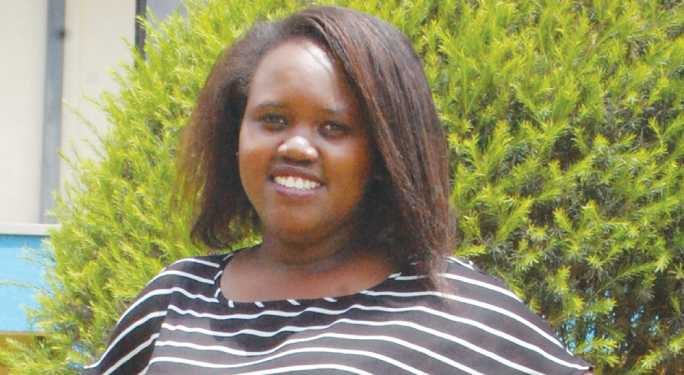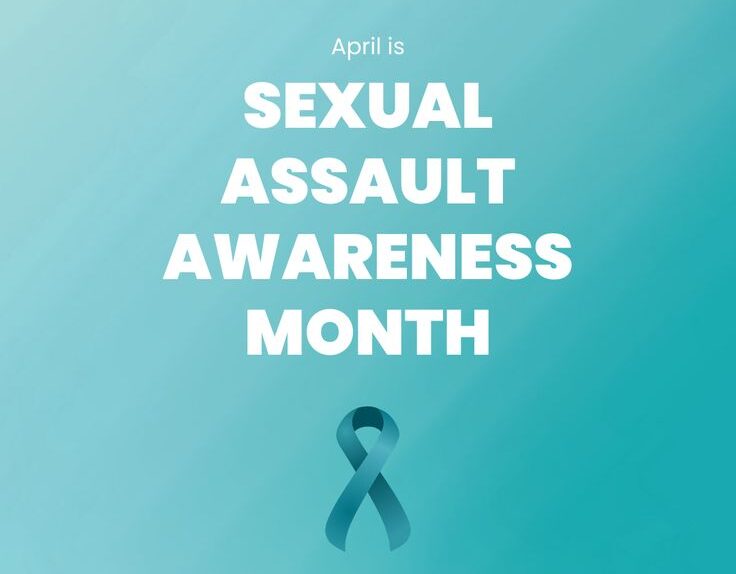DR JANE KUKAT POKOT’S FIRST FEMALE DOCTOR
Dr Jane Kukat hails from the bandit prone and remote village of Chemolingot in Tiaty, Baringo County. The situation at home notwithstanding,


Dr Jane Kukat hails from the bandit prone and remote village of Chemolingot in Tiaty, Baringo County. The situation at home notwithstanding, she aspired to be a doctor and worked hard at it. She was recently awarded a Bachelors degree in medicine and surgery to become the first female doctor from her community. She talks to LILY RONOH-WAWERU on the odds she overcame to achieve her dream.
Tell us about yourself.
My name is Jane Kukat. I am 26 years old. I was born in Nakuru but raised in East Pokot. I am the fourth born in a family of nine. My father worked as a surveyor although he later on went into business while my mother was a nurse. My parents took my siblings and I to school, which was a unique thing as formal education was eschewed in my community.
What inspired your parents to go against the grain?
They are both educated and it is interesting because it was even harder to get an education during their time compared to ours. My father risked being cursed and chased away from home when he chose school over herding his father’s livestock.
How was it learning in an environment that does not hold education in high esteem?
Challenging. My siblings and I faced a lot of peer pressure to drop out of school as other children did to go look after cattle. Then there is the issue of female genital mutilation, which was rampant. I felt out of place numerous times.
How did you overcome the feeling?
My dad had a strategy; he would transfer us to a distant school once one reached standard four. For my case, I started my primary schooling at Chemolingot Primary School in Tiaty, Baringo County and later transferred to Kimalel Primary School near Kabarnet Town.
Did it help?
Yes. Kimalel Primary School offered a safe haven for girls to get education. See, while studying at Chemolingot, I was a day scholar hence I had to help my mother with household chores such as milking the cows in the morning before going to school. At Kimalel, I was a boarder hence had enough time to concentrate on my studies. I was also away from the dissenting voices.
How was your performance in school?
I used to be number one all the time. I was the first one in the Kenya Certificate of Primary Education in my school with 356 marks out of a possible 500. It may not seem much but it was considering where the school is situated.
I was called to Kaproprita Girls High School, which is one of the best schools in Baringo County. Here, I met girls who had performed way better than me but I did not let that intimidate me. My goal was to improve with every exam and it paid off. When the Kenya Certificate of Secondary Education results for the class of 2009 came out, I was the second in the school with a mean grade of A (minus).
That was a marked improvement. What was your driving force?
My mum being a nurse meant we were exposed to the medical profession. My mother was very passionate about her work and it rubbed off on me. I aspired to be a doctor and I clearly understood what it took – good grades. With this in mind, there was no room for play. My parents and the whole community were elated with my performance since there was only one girl who had achieved that feat in the community.
Tell us about your foray into the field of medicine.
With an A (minus), I was clearly short of the cluster points needed to study medicine through the Kenya Universities and Colleges Central Placement Service. Going for a self-sponsored programme was out of question as it is very expensive.
I therefore applied for a scholarship to study medicine in Turkey. The District Education Officer at that time made a passionate appeal for my case and I was among the eight, out of thousands, who were selected. In 2010, I left for Turkey to start a six-year course in medicine and surgery at the University of Istanbul Ceraphasa Medical School.
How was the experience?
Tough. We had to spend the first one year learning Turkish. The course is also not a walk in the park and it requires mettle. Incidentally, I am the only one who graduated on time among the eight of us who secured the Turkish scholarship; three dropped out of college while the rest are still pursuing their studies.
When did you come to Kenya?
I graduated in September this year and I came back the same month. There was a huge banquet held in my honour in Tiaty since I am the first doctor from the region.
What are your plans?
I am currently interning at the Kenyatta National Hospital as I prepare for the Kenya Medical Practitioners and Dentists Board exams for foreign-trained doctors so that I can get my license. I also look forward to gaining as much experience as possible so that I can go back home and provide my services to my people as well as help in the fight against retrogressive cultural practices.
[email protected]
Buy a copy of the December issue to read this and many more





